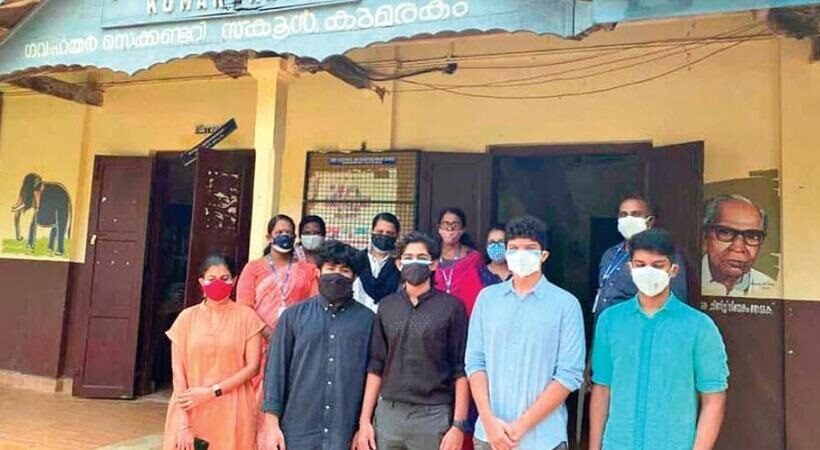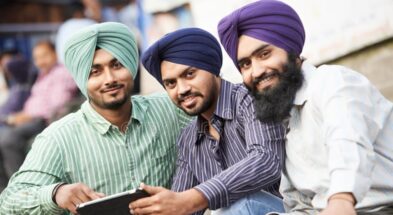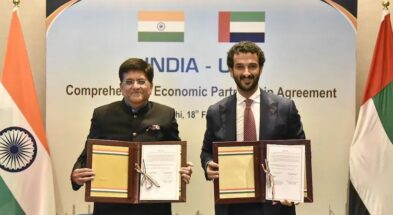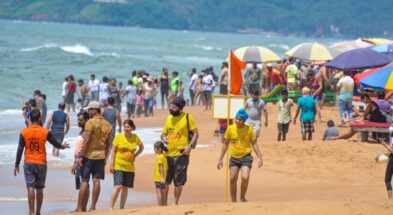The outbreak of Covid-19 brought our lives to a sudden halt and forced all sections of society to stay indoors. In times as trying as these, the shutting down of schools and the sudden shift from traditional classrooms to digital learning showed inequality among children.
Digital learning has unfortunately highlighted a huge gap based on financial status and class — a divide that has pushed several children out of school.
Read More: Meet These Prominent Indians In GCC Region Whose Contributions Are Unparallel
Despite all the problems, the pandemic has shown how some people are capable of going beyond duty to help those in need. Among many such stories that have come to light, the latest is of five students of Pallikoodam School at Kalathipady in Kottayam, Kerala, who came up with an initiative to raise funds for students belonging to economically backward families.
The class XII students — Nihal Mathew, Niranjan Menon, Vinayak Dinesh, Kurien George Kalarickal and Kurien Kurien Kalarickal — came together to raise funds to buy tablets for deserving students.
“The students launched an online crowdfunding campaign. It was launched on June 12 and they raised over Rs 4 lakh. Using the money, they bought and donated 40 tablets to students of two government-run schools in Kanam and Kumarakom in the district,” the school was quoted as saying.
The campaign was carried out in association with The Tiny Seed, a non-profit organization striving for the betterment of the children’s lives by ensuring that their schools become better platforms for learning.
This is not the first time that Good Samaritans in Kerala have come forward to help the needy amid the pandemic. In another exemplary act of compassion, volunteer teams called “Aarogya Sena”, consisting of local youth, went above and beyond to ensure that no one starved during the pandemic. The groups were created after Chief Minister Pinarayi Vijayan announced that community kitchens would be opened in all 941 panchayats of the state. The group members worked relentlessly to distribute food among those in need, including financially weak families.
During the first wave of the pandemic last year, local self-governments in Kerala were instrumental in containing the spread of the virus. Local bodies worked day in and day out without any remuneration. For example, each ward of the Thiruvananthapuram corporation called upon volunteers and subsequently formed a Rapid Response Team, including the Sectoral Magistrate, health inspector, CI, ward councillor, junior public health nurses, Asha workers, secretary and presidents of residence association and volunteers. Besides working in community kitchens, the volunteers arranged ambulance services and medical kits, distributed food, grocery and other necessary items to Covid patients in isolation.
Kerala has also set an example in making healthcare centres worth staying in, creating a difference, as the ones we commonly find are dilapidated and ill-maintained. Pictures shared by Twitter user Ravi Nair had revealed how this one primary health centre in Kerala’s Narippatta village is a well-maintained structure adorned with coconut trees and potted plants.
Ravi Nair had shared the pictures with the caption: “This is a Primary Health Centre in Kerala. Post pictures of PHCs from UP, Bihar, MP and Gujarat in reply.”
Besides various other important examples set by Kerala, it also provided doorstep Covid-19 vaccination for bedridden patients.



















